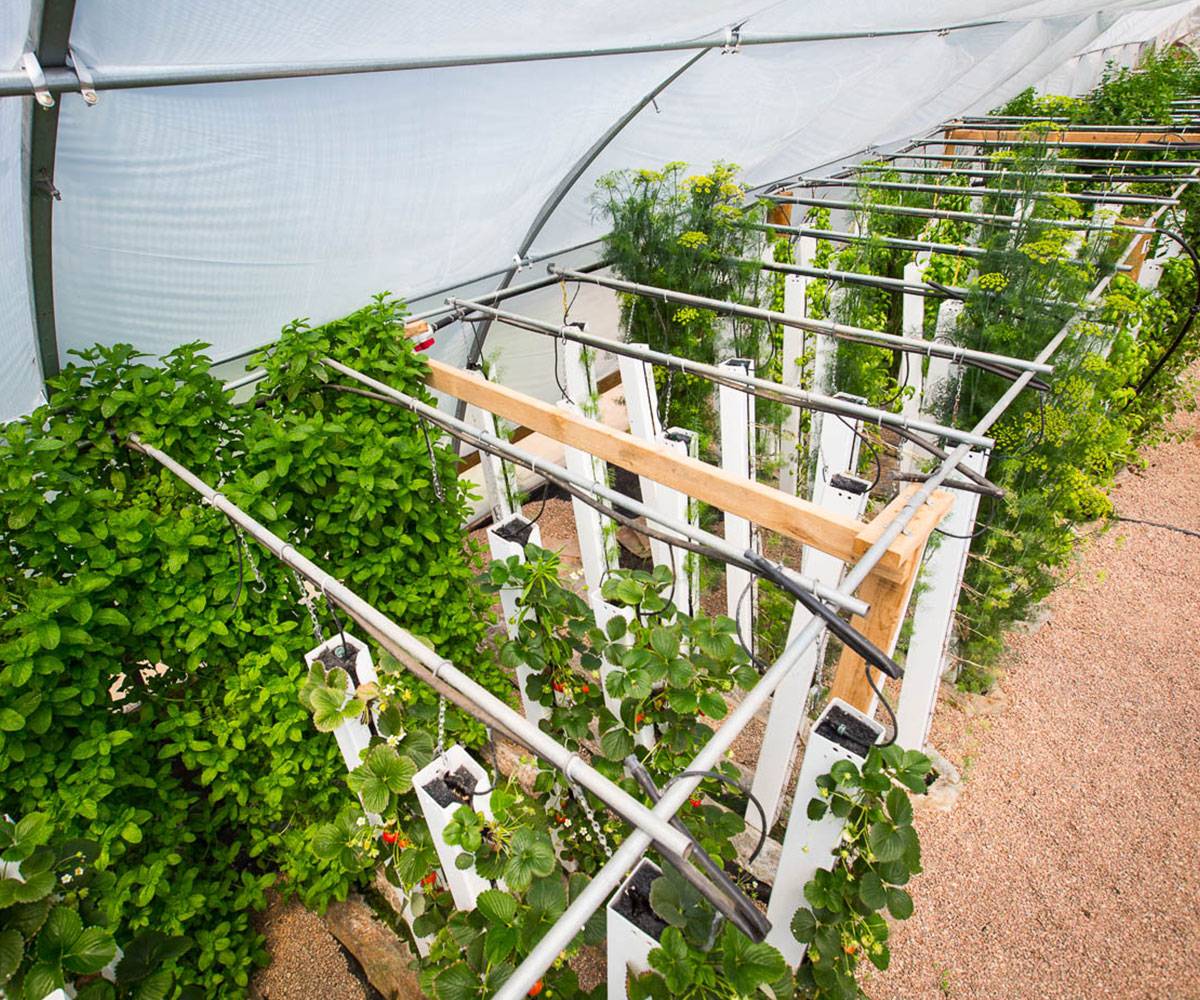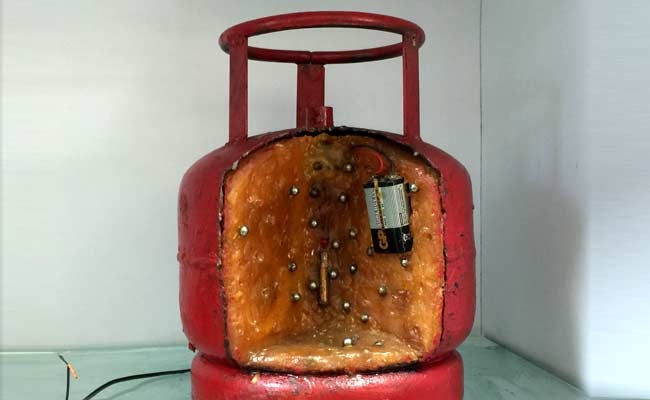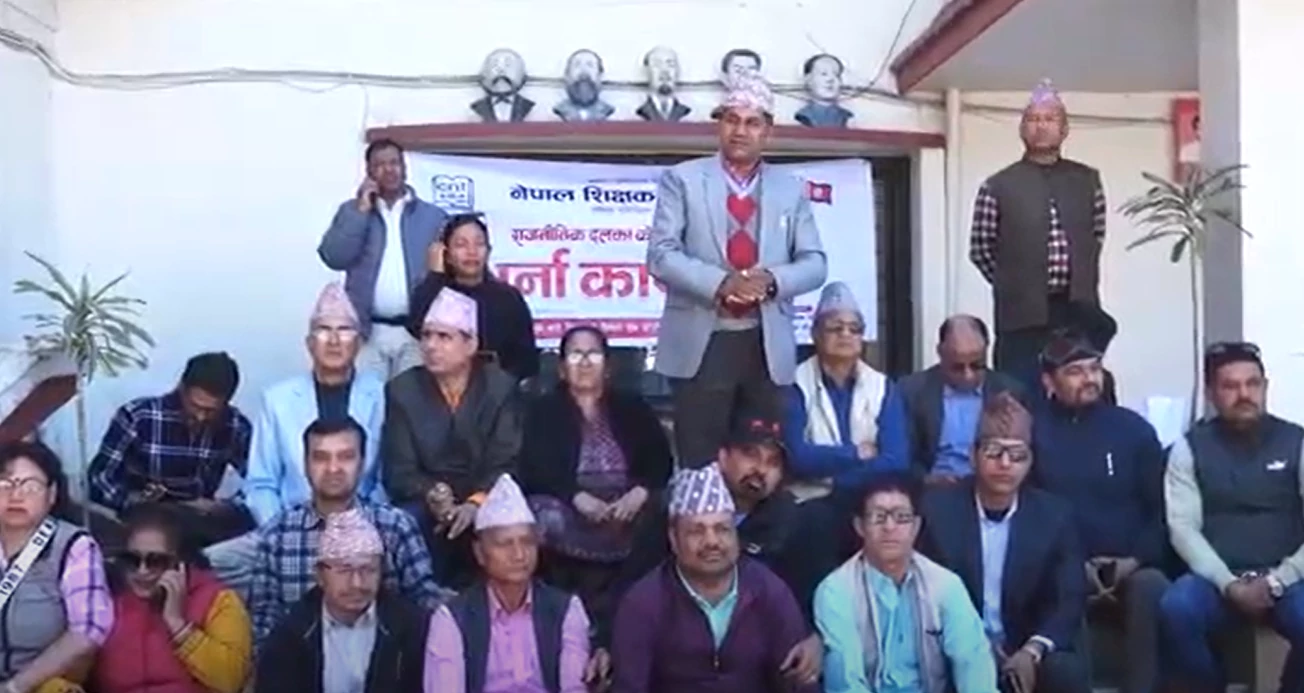Promotion of hydroponic farming stressed

Kathmandu - Hydroponic farming could be a means of income generation for marginal farmers if promoted and adequately incentivised.
Hydroponics is a subset of hydroculture, the method of growing plants without soil, using mineral nutrient solutions in a water solvent. Terrestrial plants may be grown with only their roots exposed to the mineral solution, or the roots may be supported by an inert medium, such as perlite or gravel. The nutrients in hydroponics can come from an array of different sources; these can include but are not limited to waste from fish waste, duck manure, or normal nutrients.
The need to promote hydroponics in the country was emphasized at a programme organized by Hydroponics Nepal here on Saturday.
Joint-secretary and spokesman at the Ministry of Agricultural Development, Dr. Yogendra Karki on the occasion said that he has tried to bring this method of farming in Nepal after seeing it in practice during his visits to Japan and Korea. He added that hydroponics has been used in these countries to grow vegetables, fruits and grass.
"Budget has been allocated in the government's policies and programmes for fiscal year 2017/18 for the promotion of this technology," Dr Karki said, adding that the technology is cost effective and efficient.
"Fruits and vegetables enough for a family of five can be grown within a week using this technique at an investment of Rs 40 thousand only," he added.
Chief of the National Pasture and Animal Fodder Centre, Dr Namrata Singh shared her experience of growing fruits, vegetables and grass without employing much human resources and irrigation as well.
On the occasion, director of Hydroponics, Kenya Pet Chase, president of Hydroponics Nepal Nilmani Sapkota and president of Kharayo Cooperatives Campaign, Ramu Pandit also highlighted the feasibility of hydroponics in Nepal.









Leave Comment